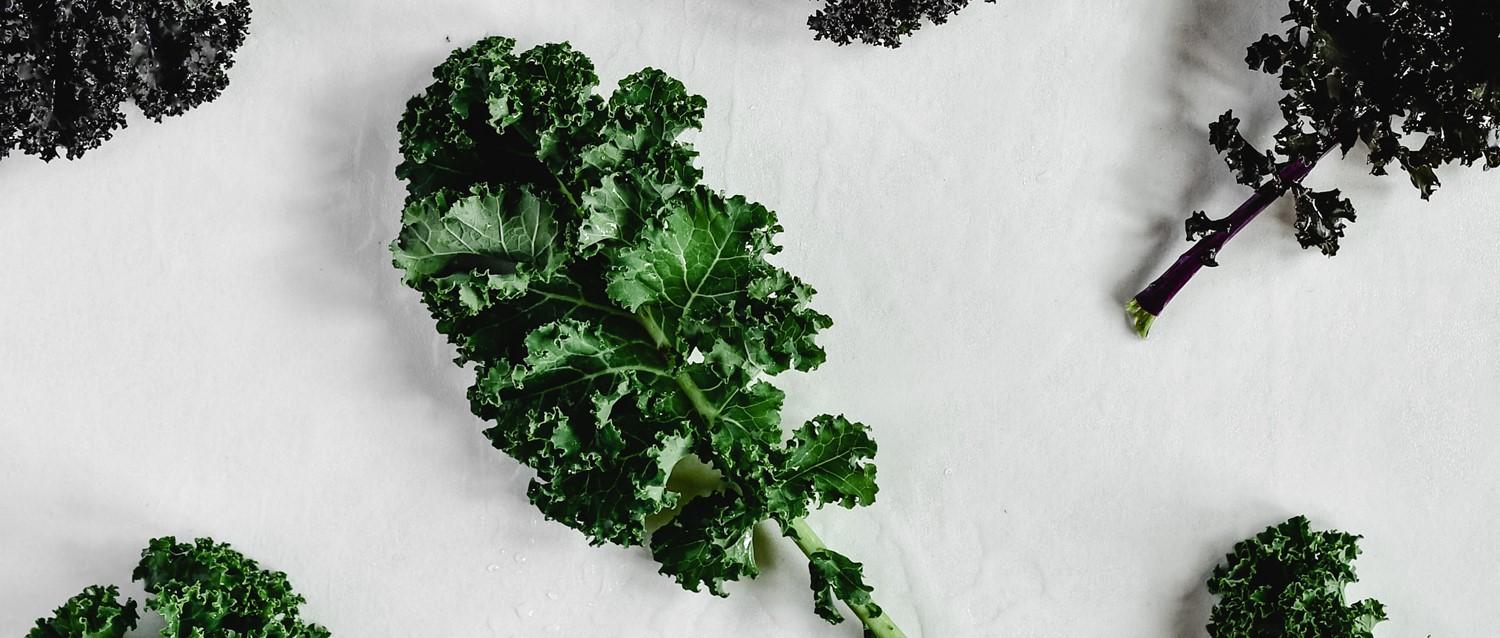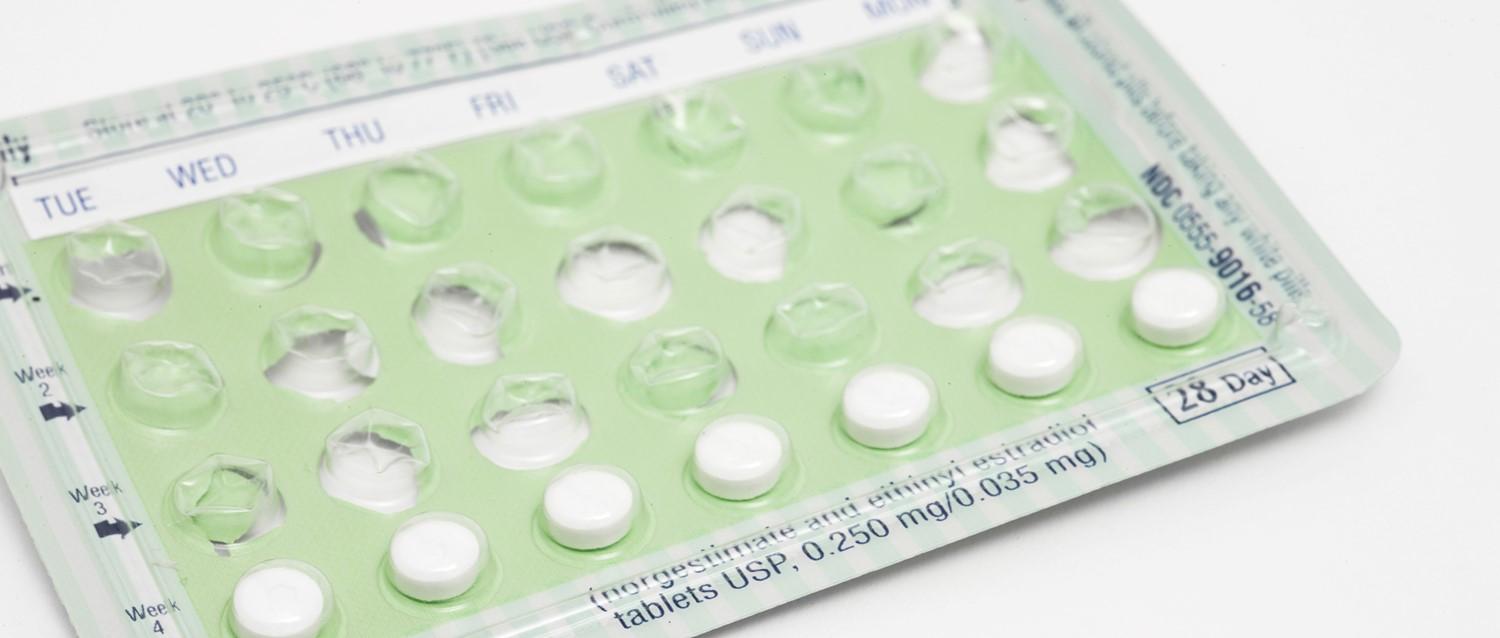
Could histamine be the cause of your migraines?
Peer reviewed by Dr Sarah Jarvis MBE, FRCGPLast updated by Ginny WeeksLast updated 14 Aug 2018
Meets Patient’s editorial guidelines
- DownloadDownload
- Share
- Language
- Discussion
Here in the UK, migraine affects 1 in 7 people and is more prevalent than diabetes, epilepsy and asthma combined. It is the most common and disabling neurological disorder in the UK with 190,000 attacks daily. We investigate the evidence linking histamine and migraine and the treatment options available.
In this article:
You may be familiar with histamine if you take antihistamines for hay fever or allergies. It's a chemical that is released when the immune system feels under attack. It causes an immediate inflammatory response, expanding the blood vessels so that white blood cells can flood the bloodstream and find the source of the attack.
Histamine is a natural and important part of our immune response system that affects almost every part of our body. But problems can occur when high histamine levels linger for too long without being broken down. This is called a histamine intolerance.
Common symptoms include:
Headaches/migraine.
Blocked or runny nose, sneezing.
Anxiety.
Tiredness.
Flushing.
High blood pressure.
Frequently feeling too hot or too cold.
Cold hands and feet.
High histamine levels are usually caused by allergic reactions, histamine-rich foods, a condition called diamine oxidase (DAO) deficiency, possibly medications such as antidepressants, or bacterial problems in the stomach.
Continue reading below
Histamine and migraine
The link between histamine and migraine is an established theory in Europe and the USA but here in the UK, it's relatively unknown. Whilst researching and interviewing for this article I approached the UK's biggest migraine charity, the Migraine Trust, my own GP and several UK-based migraine specialists who couldn't help. I also spoke to the National Institute for Health and Care Excellence (NICE) who have no plans to investigate the link at this point in time.
"The scientific evidence for histamine and the use of DAO is not there and this is why it is not currently used in the UK or suggested in the NICE, BASH or SIGN guidelines for the treatment of migraine," explains Dr Katy Munro, Headache Specialist at the National Migraine Centre.
However, while small in scale, a few studies have suggested links between histamine and migraine. These could provide new treatment options that might reduce the reliance on traditional medication and its potential side effects.
"Studies have not quite caught up with anecdotal evidence and in the UK we have a strong history of evidence-based medicine, for good reason," says nutritionist Emma Wight-Boycott. "This means that we may sometimes need to prescribe before a huge body of evidence is available here."
I personally stumbled across the histamine migraine link when, after being put on the drug amitriptyline to treat my migraines, I found my attacks became more frequent and severe. This was disappointing, given that amitriptyline is an effective and well-tolerated migraine treatment for lots of people.
After a particularly bad spell, I decided to do some research and found one theory that suggests amitriptyline actually blocks the production of DAO in the gut, causing excessive levels of histamine. However, the evidence is conflicting, with some studies suggesting the opposite (that antidepressants reduce histamine levels by increasing its breakdown). I decided to try coming off the medication and my migraines instantly improved and I had more energy. This led me to think seriously about histamine and migraine and I started to look further at the research.
A recent study found that nearly 90% of migraine patients have an enzyme deficiency and are potentially at risk of having a migraine as a result. But the research also found that almost half of people who do not experience migraines had this deficiency too, indicating it is not the full story.
"It is suspected that one of the triggers of a migraine is the patient accumulating an excessive amount of histamine," says neurologist Dr Joan Izquierdo Casas from Hospital General de Catalunya in Spain. "A certain amount of this molecule is necessary and vital for the body. However, if this amount is exceeded, it may set off a series of mechanisms which trigger a migraine crisis. The enzyme which prevents this excess is called DAO. A DAO deficiency may increase histamine levels in the blood and subsequently cause a migraine."
In Spain, some migraine patients are prescribed DAO supplements as a complementary measure for their migraine management, alongside a low-histamine diet. Medications that may have an effect on DAO activity are also taken into consideration.
"This is an innovative technique and as such it is still in the initial stages of regulation," says Casas. "A study we published has shown for the first time that DAO supplements improve the duration of attacks in patients with episodic migraines vs placebo," he says.
This trial found that migraine patients supplemented with a DAO enzyme for one month had reduced migraine duration - by an average of 1.4 hours compared to patients taking placebo. They also took 20% fewer triptans (migraine relief medication) than the placebo group. However, there was no difference between the DAO and placebo groups in the intensity of pain or the number of migraine attacks they suffered.
More in-depth research is needed to confirm the initial findings from this small study, which had a number of limitations. It involved only a few patients from one small geographical region (genetics may affect people's response to DAO) and the two groups were not evenly matched - the placebo group had significantly longer migraine attacks before the study than the DAO treated group.
"A new study combining this measure (DAO supplementation) with a low-histamine diet is currently underway. This new study will be able to confirm and back up the results of the previous study," says Casas.
Diagnosing and treating a histamine intolerance
As histamine testing is not readily available in the UK, you may want to try a low-histamine diet to see if you experience an improvement in your migraine attacks. But speak with your doctor before trying a new diet or if you're considering a DAO supplement.
"There has been some interest and suggestions that histamine is linked with migraine," says Munro. "There are few studies on the use of DAO supplements but none on the use of a low-histamine diet. And the studies there are were very small and so more research needs to be done."
Clearly the histamine/migraine link needs further exploration but, personally, I have experienced a huge difference in my migraine attacks since adopting a low-histamine diet, going from around ten migraines a month to two. The migraines are also milder than before.
Continue reading below
A low-histamine diet
I started by reducing high-histamine foods for a month and recording any changes in a migraine diary.
High-histamine foods include:
Vegetables: avocados, aubergine and spinach.
Aged cheese and cured meats.
Vinegar-based foods: pickles, olives and salad dressings.
Fermented foods such as sauerkraut, yoghurt, soy sauce.
Smoked fish and certain types of fish such as salmon and tuna.
Dried fruit
Fruit: pineapples, tomatoes, banana and citrus fruits.
Alcohol.
Don't be put off by the long list - you should be able to introduce some of these foods back to your diet eventually, but take it slowly and introduce them one at a time. Just make sure you eat a wide variety of foods so you are getting enough nutrients.
"Trying a low-histamine diet can be useful as a starting point, as many of the foods are easily removed without affecting our diet too much," says Wight-Boycott. ‘"Embarking on a low-histamine diet can make us more aware of how we are feeling in relation to how we eat."
The National Migraine Centre recommends migraine sufferers also look at other lifestyle factors such as regular eating, good-quality sleep and exercise.
Patient picks for Migraine

Brain and nerves
Can a plant-based diet improve your migraines?
A new report adds to the growing body of evidence that migraines may be effectively treated by following the low inflammatory foods everyday (LIFE) diet. Entirely plant-based and rich in dark green leafy vegetables, the LIFE diet could be an extremely effective treatment for migraines as well as many other chronic diseases.
by Amberley Davis

Brain and nerves
Should you avoid the pill if you get migraines?
For decades, migraine sufferers with aura have been told to avoid the combined oral contraceptive pill because of a slightly increased risk of stroke. But is this still the case? We ask experts about the latest guidance and what the best form of contraception is for those prone to migraines.
by Georgia Gallant
Continue reading below
Article history
The information on this page is peer reviewed by qualified clinicians.
14 Aug 2018 | Latest version

Ask, share, connect.
Browse discussions, ask questions, and share experiences across hundreds of health topics.

Feeling unwell?
Assess your symptoms online for free
Sign up to the Patient newsletter
Your weekly dose of clear, trustworthy health advice - written to help you feel informed, confident and in control.
By subscribing you accept our Privacy Policy. You can unsubscribe at any time. We never sell your data.